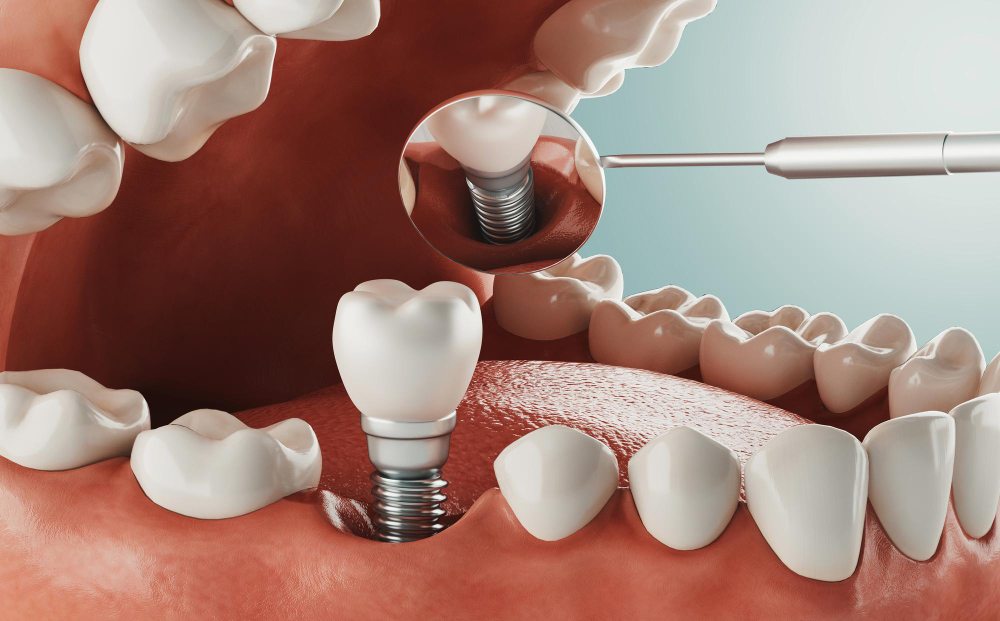What Are Dental Implants?
Dental implants are artificial tooth roots. Dentists use them to replace missing teeth. They look and feel like natural teeth. Usually, dental implants are made of titanium. This metal is safe and strong. Many people choose dental implants because they last a long time. In fact, dental implants can help you chew, speak, and smile with confidence. According to the American Dental Association, dental implants are a safe and effective way to restore your smile.
Benefits of Dental Implants
Dental implants offer many advantages over other tooth replacement options. For example, they:
Additionally, dental implants can boost your self-esteem. You may feel more comfortable smiling and talking. Unlike dentures, you do not need to remove them at night.
Who Is a Candidate for Dental Implants?
Not everyone is a good candidate for dental implants. However, many adults can get them. You may be a good candidate if you:
Still, some health problems can affect healing. For instance, diabetes or certain medications may slow recovery. Therefore, your dentist will check your health before starting the dental implant procedure.
The Dental Implant Procedure: Step by Step
The dental implant procedure usually takes several visits. Here is a simple step-by-step guide:
Each step is important for a strong and lasting result. Your dentist will guide you through each stage.
Risks and Potential Complications
Dental implants are safe for most people. Still, like any surgery, there are some risks. For example, you may have:
However, most problems are rare. Your dentist will discuss these risks before the dental implant procedure. If you have concerns, ask your dentist for more information.
Aftercare and Recovery Tips
Proper care helps your dental implants heal and last longer. Here are some simple aftercare tips:
Moreover, do not smoke during recovery. Smoking can slow healing and increase the risk of implant failure. If you notice pain, swelling, or bleeding, contact your dentist right away.
Prevention of Implant Failure
Most dental implants are successful. Even so, you can take steps to prevent problems. For instance:
With good care, dental implants can last many years. According to the CDC, regular dental visits help catch problems early.
Conclusion
Dental implants can restore your smile and improve your quality of life. They look and feel like real teeth. However, it is important to follow your dentist’s advice for the best results. Consult a qualified dentist to find out if dental implants are right for you.

